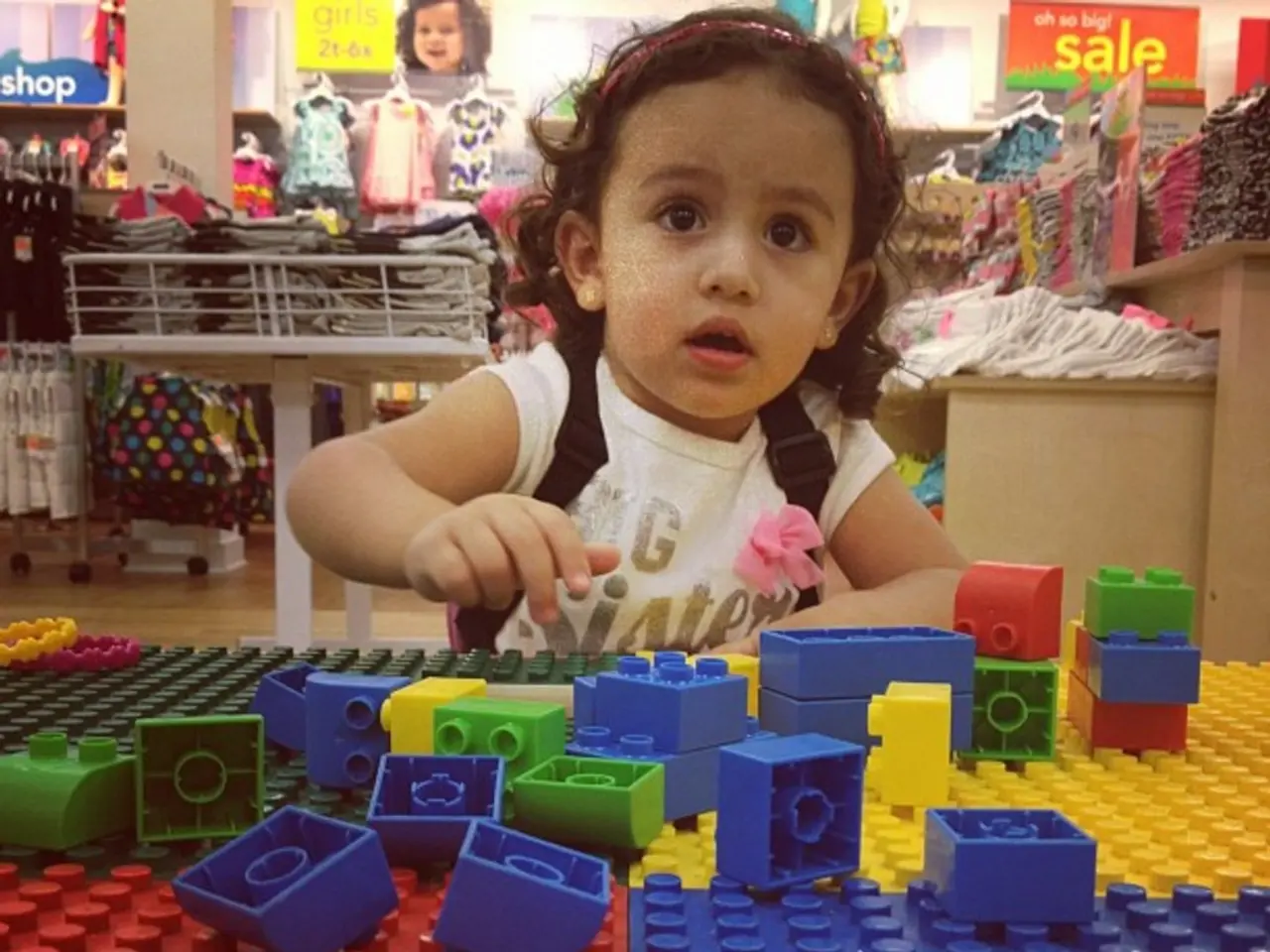Increased Criticism Towards SPD: "No Improvements Expected in the Coming Kindergarten Year"
In North Rhine-Westphalia (NRW), a growing demand for kindergarten places and insufficient expansion of childcare infrastructure relative to population needs has led to a persistent shortage of childcare spots. This issue, exacerbated by demographic factors and regional demand mismatches, has resulted in rising kindergarten fees and temporary closures of kindergartens in various municipalities.
The state government recognises the challenges and has been focused on expanding childcare capacity, improving the qualification and recruitment of childcare staff, and offering financial support to families to make kindergarten more affordable and accessible. The NRW state government plans to fund new kindergartens, increase the number of places available to children, particularly under the age of three, and provide subsidies or fee reductions for families, especially for low and middle-income households.
The aim is to reduce pressure on fees and meet the rising demand for childcare services. While the exact quantitative targets and funding amounts for these measures may vary, the approach centers on infrastructure growth combined with financial support. The NRW government has emphasised service accessibility and support for families as a core ongoing goal.
However, the situation remains challenging. Kindergarten fees have increased in many places for the new year, varying greatly from municipality to municipality. For instance, parents in Dortmund pay 377.62 euros per month, while in Erkelenz it is 568.78 euros, in Coesfeld 677.22 euros, and in Rheine only 493.08 euros for comparable income.
The state of NRW is increasing funding for kindergartens by almost 9.5% per child. Yet, the free third year of kindergarten promised by the black-green coalition remains out of sight. The opposition SPD in the state parliament claims that there is no kindergarten place for half of the children under three.
Recent reports indicate that up to 20,000 kindergarten staff will be missing, and 102 kindergartens have been closed. Kindergartens in NRW have reported around 34,000 cases of personnel shortages in the past twelve months, with over 1,000 cases having to temporarily close completely.
Minister Paul plans to reform the Children's Education Act (Kibiz) to improve the situation of skilled workers, reduce bureaucracy, and increase funding. The aim is to achieve more stability and reliability for children, their parents, and employees in the coming year.
The FDP in the state parliament joins the SPD's criticism of the kindergarten situation. The SPD suspects that more and more parents are finding other solutions due to frustration with the unstable care in kindergartens. High kindergarten fees lead to children from poorer families often having to forgo kindergarten - and thus early childhood education.
As the new kindergarten year in NRW begins on August 1, 2025, the government continues to address these issues by investing in expanding childcare facilities, increasing staffing and training for early childhood educators, and providing financial support to families to offset fees. It is hoped that these measures will help to alleviate the shortage of childcare places and the rising kindergarten fees in NRW.
- The NRW government is investing in expanding childcare facilities as a way to meet the rising demand for childcare services and alleviate the shortage of places, particularly for children under three.
- The opposition SPD in the state parliament has criticized the current kindergarten shortage, suspecting that more and poorer families are forgoing early childhood education due to high fees.
- To improve the kindergarten situation and achieve more stability for children, parents, and employees, the Children's Education Act will be reformed to reduce bureaucracy, improve worker conditions, and increase funding, as proposed by Minister Paul.




